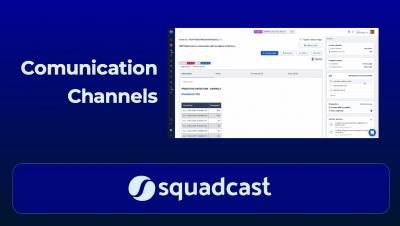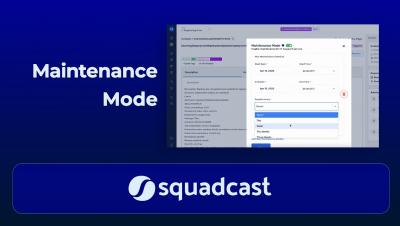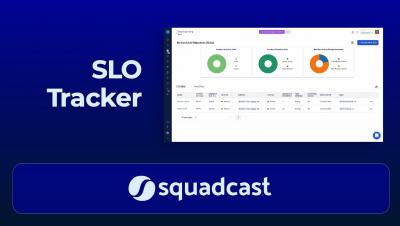Understanding Cloud Services: IaaS, SaaS, and PaaS
Cloud services have skyrocketed in popularity in the past few years, providing a vast array of resources as well as a cost-effective path for the migration from on-premises servers to the cloud. In fact, cloud services are handling all the computing needs of many businesses. It’s very likely you’re already using cloud services and will continue to use more as time goes on.











